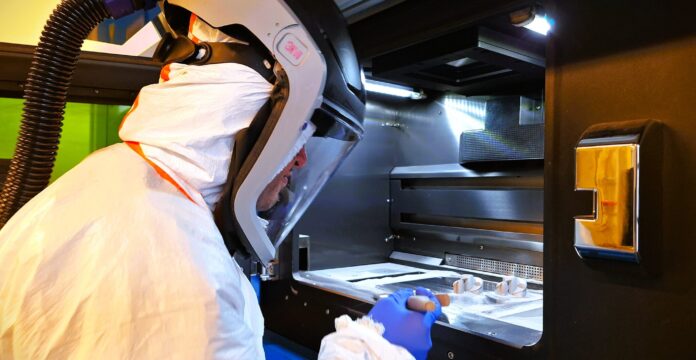According to the United States (US) Oral Tongue Cancer Foundation, slightly above half of those diagnosed with oral tongue cancers are expected to be alive in five (5) years after diagnosis.
This is an indication that etiology, an improved early discovery or treatment are not the only candidates for an effective oral tongue cancer management. As with other diseases, proper identification, classification, and prediction are some of the factors to achieving efficient and effective treatment and management for oral cancer patients. Therefore, proper identification of cancer cells is ultimately an important step.
To this end, data mining approaches, statistical methods, and machine learning algorithms have been proposed for effective oral cancer data classification. Undoubtedly, the use of machine learning (ML) which is a branch of artificial intelligence (AI) in medical applications has increased tremendously in the last decades. In the same vein, artificial neural network (ANN) is an integral part of machine learning. Therefore, my dissertation is poised to examine the use of ANN in medical applications. It basically examines the use of artificial neural networks (ANNs) to support decision making in oral tongue cancer patients (head and neck cancer).
The data of oral tongue cancer in 5 different teaching hospitals in Finland and 1 hospital from Sao Paulo in Brazil was used in the research. The ethical approval to use the data was approved by the appropriate authorities.
Clinicians and researchers spend time, efforts and finances in collating prognostic factors/markers such as depth of cancer, grade of the cancer and so on. In addition, numerous prognostic factors are introduced at intervals. Presently, there are over a 100 prognostic markers. These make it challenging for the researchers to make an informed and structural research on these markers. In addition, it takes series of medical analyses and assumptions to determine the cases of recurrence and mortality. This is a clear gap in cancer management. To bridge this gap, ANN has been touted as effective system to study the data and learn the linear and non linear relationships contaibned in the data set.
The network is trained using deep neural network learning algorithm. The inputs are the prognostic factors while the outputs are the prognostic factors of interest (recurrence and mortality). Having trained the network using the provided data and appropriate training algorithm, the network is then ready to be used for prediction. As a clinical support mechanism, the trained network is ready to be used to make prediction of recurrence and mortality in the new cases of patients.
With this trained network using ANN, an effective, efficient and a clinical support systems could be developed to help the clinicians and researchers to make an informed decisions in various cases of patients on recurrence or mortality of cancer. Similarly, other gaps in oral cancer study was successfully investigated using ANN.
Alabi Rasheed Omobolaji
Doctoral Student
Communication and Systems Engineering



